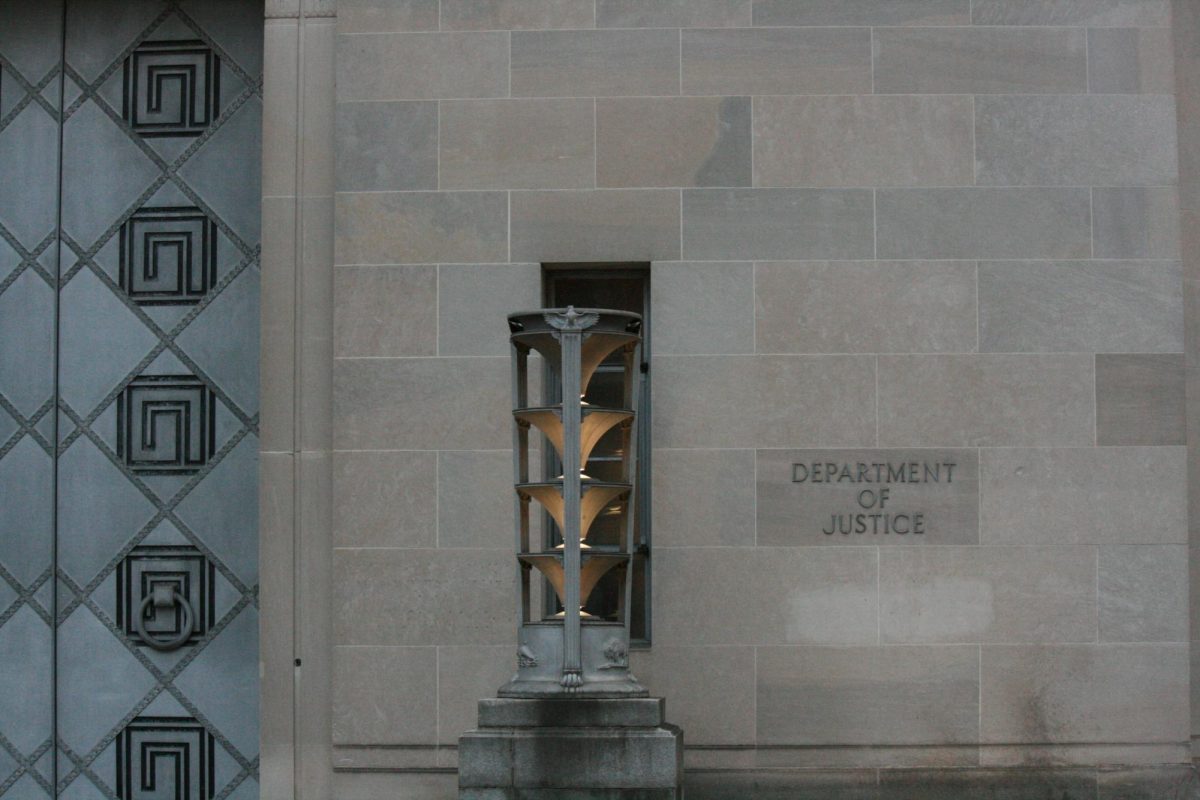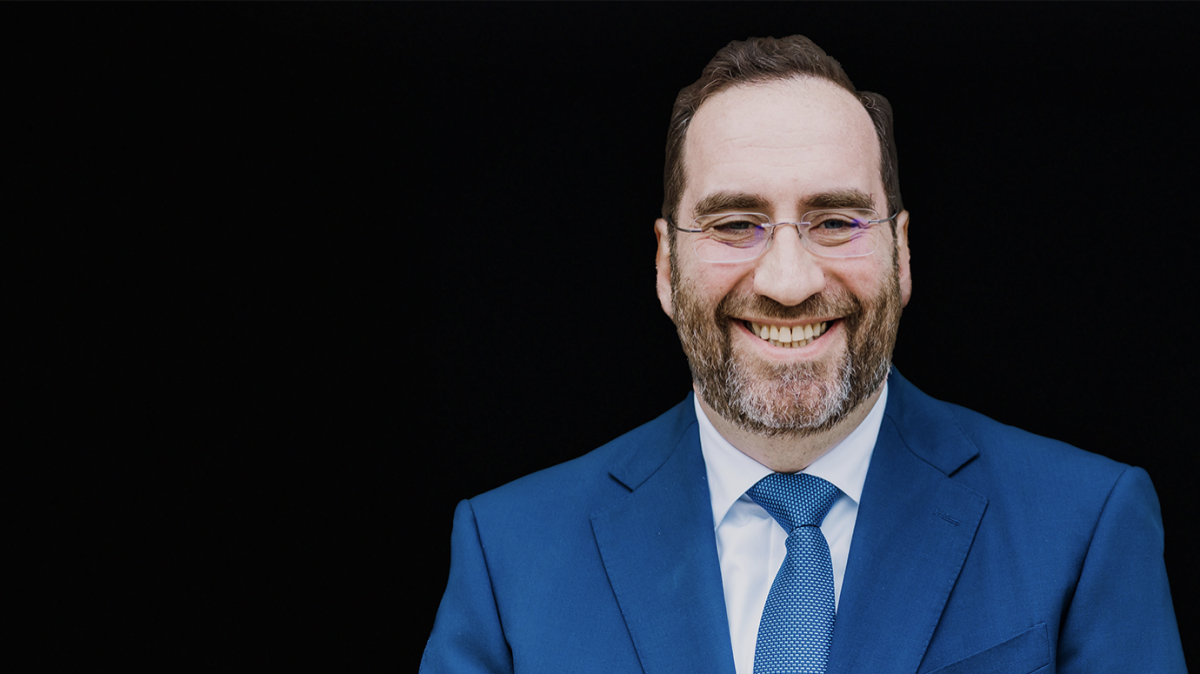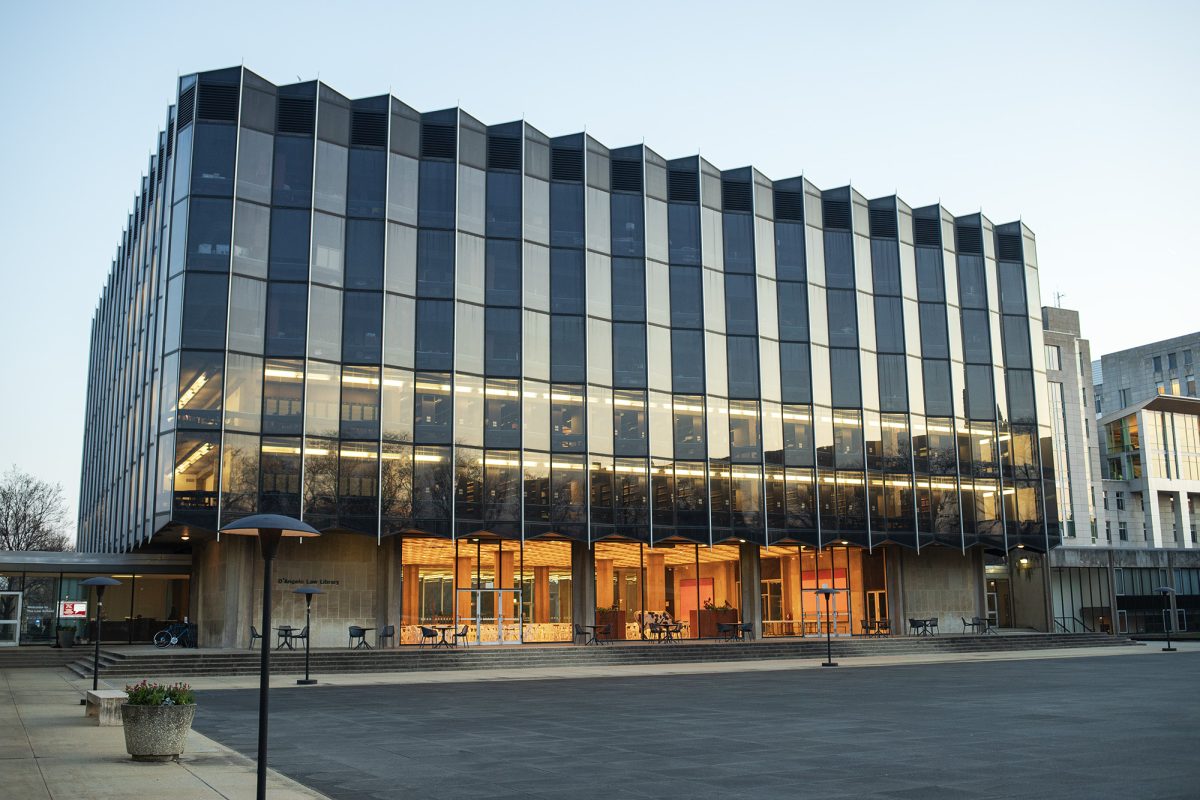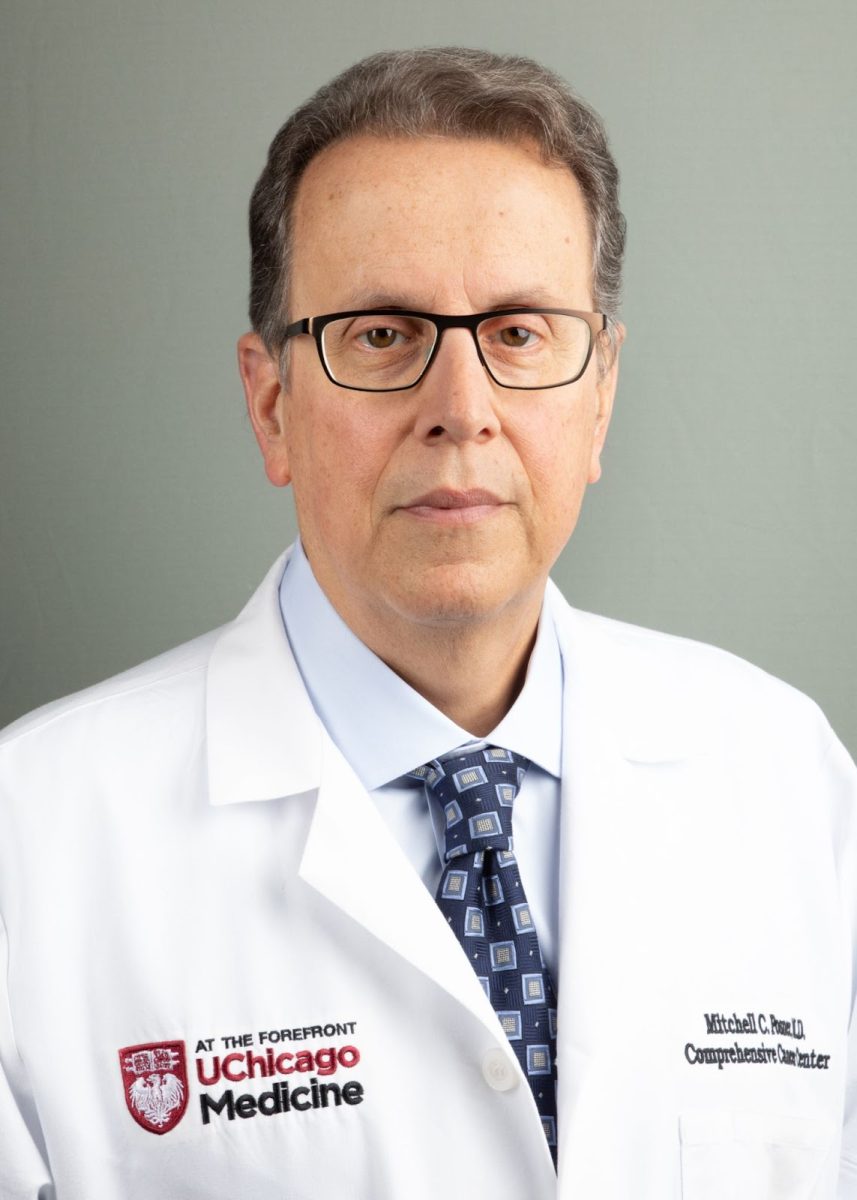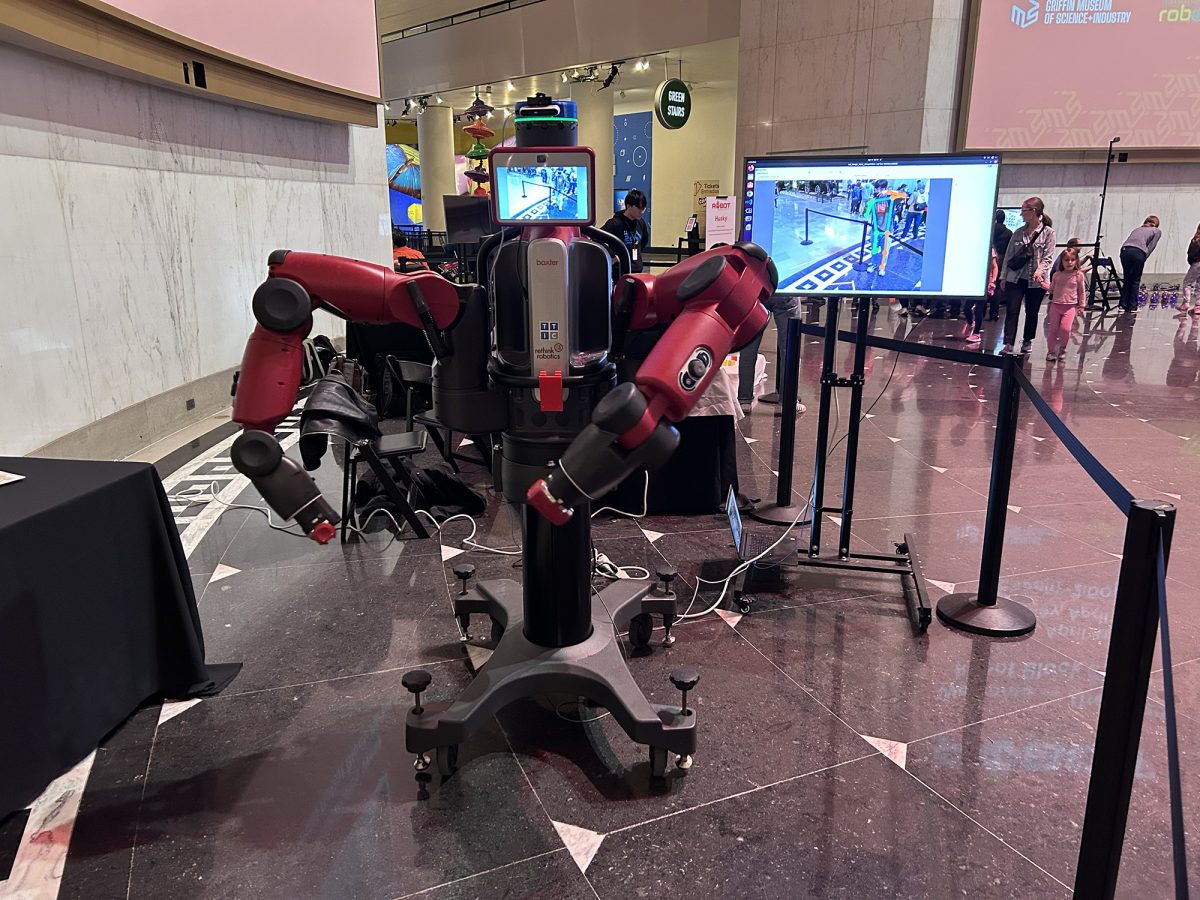Last Thursday, the Chicago Center on Democracy (CCD) hosted its debut event with Stanford political science professor Anna Grzymala-Busse, who discussed Populism and the Erosion of Democracy.
Grzymala-Busse defined populism based on two principles. First, populists believe that the ruling elites, from businessmen to judiciaries, are corrupt and self-serving. Second, a populist party posits itself as the only party that represents the interest of the people. She argued that these assumptions are harmful to democracy because they rely on a dichotomy of good people versus bad elites, generating distrust in democratic institutions.
After addressing economic crises, Grzymala-Busse mentioned the fears surrounding immigration and international interference as contributing factors to the rise of populism. “The failure of mainstream parties…is the biggest cause,” she said.
In Europe, the central left and central right have become more similar due to consensus on free market solutions, the necessity of immigration, and the benefits of the European Union. As a result, the established parties failed to adequately address citizens’ economic and cultural anxieties.
Populism offered an alternative but not without consequences, she said.
“[Populist parties] erode institutions…and they persist,” Grzymala-Busse said, citing attacks on the media, abandonment of conflict of interest norms, interference with universities’ freedom in Poland, and the complete rewriting of the constitution in Hungary.
Despite her belief that populism is undermining democracy, Grzymala-Busse said that she remains hopeful.
“Voters continue to support democracy even as they elect populists that do not.”
Unveiled this month, the CCD facilitates discussion and collaboration among researchers of democratic issues and engages with the public through events and speakers.
Susan Stokes, director of the CCD and a distinguished political science faculty member, explained the Center’s focus on marrying normative and empirical approaches. She described that it aims to contrast how people think democracies should function with how they are actually performing. As part of this mission, the CCD partnered with Bright Line Watch, a national program which monitors democratic practices and vulnerabilities by surveying the general public and holding conferences discussing research in political trends.
The center aims to better understand the current state of democracy by examining it in a global and historical context.
“If [undergraduates] feel concerned or anxious about what’s going on in American politics…then the Center supports research and teaching that helps put that into context,” Stokes said.
Speakers such as Grzymala-Busse represent one way the center educates students. The CCD is also developing undergraduate courses to allow students to study various aspects of democracy. In addition to a new Erosion of Democracy elective this spring, the center hopes to construct a new interdisciplinary cluster of courses on the study of democracy.




